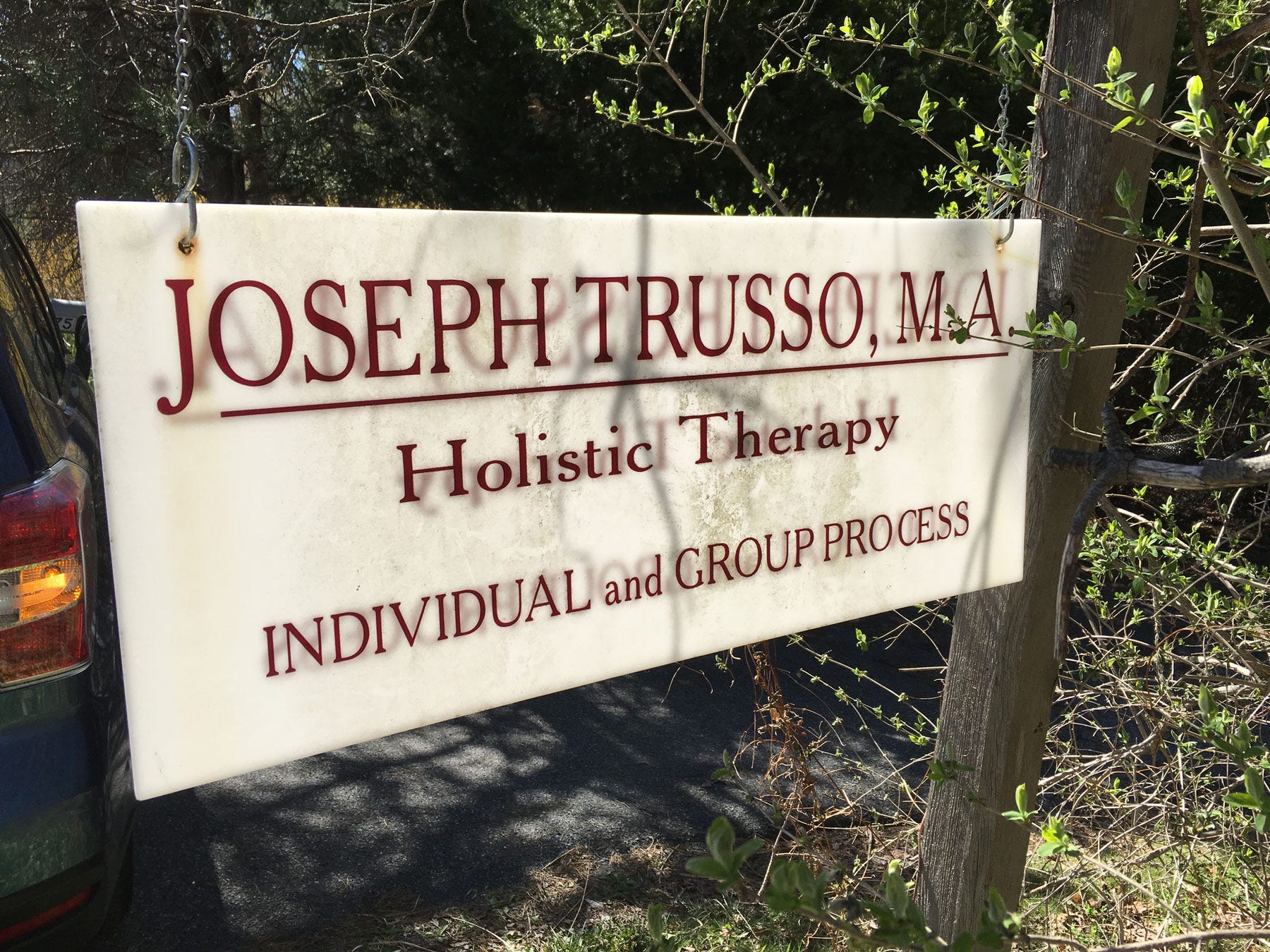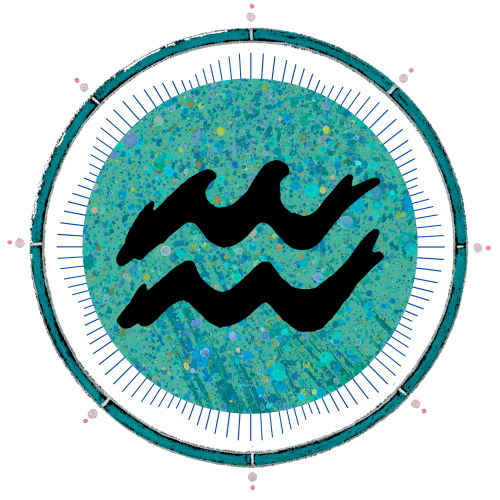
Dear Friend and Reader:
In a classic Planet Waves article from 2013, “The Threefold Goddess in a Field of Grain,” I describe the traditional meanings of Virgo. It’s a lot about food and agriculture, and Virgo (Jungfrau, or the Virgin) is the sign of the goddess, meaning an incarnation of archetypal female potential.
This is worth a point of clarification: goddess is not the female equivalent of God. Nearly none of the gods are the male equivalent of God. There is The One, prime creator or source, and then lots of incarnations of various human expressions of, well, all kinds of things. However, with Virgo, we do come close to Gaia, but really, closer to Ceres (of whom the Blessed Virgin of Catholic fame seems to be an incarnation).
The article also pays homage to the quintessential Virgo herself, Betty Dodson, author of Sex for One. However, she was not a virgin.
I’d like to take a fresh look at Virgo, in the form of some questions related to its subject matter. I could sum up that subject in a single word: Holistic.
This relates to wholeness, and making whole. It’s closely related to a newer word, holographic, which is about the part being contained in the whole, and the whole being contained in the (seeming) part.

The Unification of Facets
Holistic is the adjective form of “holism,” a word a mere century old, coined by J.C. Smuts in his book Holism and Evolution. This is about the integration of seemingly separate parts, from Greek holos, from the older root sol, meaning whole and well kept.
Smuts wrote, “This character of ‘wholeness’ meets us everywhere and points to something fundamental in the universe. Holism (from holos = whole) is the term here coined for this fundamental factor operative towards the creation of wholes in the universe.”
So Smuts characterizes it as a kind of tropism. Like the leaves of plants reach to light and their roots reach toward water, living creatures reach toward wholeness. However, this is stronger in some people than others — and there are factors that cut us off from even sensing the spectrum of who we are.
My therapist and later teacher, and finally close friend, Joseph Trusso of Woodstock developed a method of therapy that relied on this principle as its basis. He has Virgo rising by the way (and is retired). His therapy approach was to help people live a whole life, not merely to solve what they perceived as their problems. The holistic principle includes the idea that the whole is greater than the sum of the parts. This is also called synergy or biophilia.

Our Fragmented and Unhappy Times
We live in times when we are fragmented and driven mad by constant busyness. But at the moment, it’s worse. American society has always had plenty of activity. There is always something else to do on a farm. Agrarian life was not a vacation, and urban life has also been driven by constant necessity and activity.
Yet digital conditions are separating people from themselves and one another, and creating a high-pressure environment that is driving many people to the edge. The first result is a kind of misery, and what to my perception feels like an inconsolable quality. In a good few people, I sense a slow-moving, bitter disappointment: the sense that nothing will get better because it cannot. This is an effect of digital conditions.
Though often this sense of pressure and movement conceals a thick layer of anxiety, felt in different ways by those of modest means, the affluent and the extremely wealthy. I reckon it’s present most places, in most families and most companies. Our society has a lot of problems and they come home to just about everyone.
How many people worry each day about when the economy will collapse? A wealthy client recently bragged to me about how well-off she was and said she was not looking forward to becoming poor — due to her expectation of total economic failure.

And Not Just That
How many people are kept up at night wondering whether the “vaccine” they got will cause a serious illness? I am close to someone eight of whose injected friends have had heart attacks.
Families and former partners are often a source of constant drama; children are so heavily regulated by society, it’s insane. Addiction problems are running rampant, from beer to fentanyl.
There always seems to be something or someone trying to divide our attention, and the “newsfeed” vacuums up psychic energy like a demon. The disembodied state of digital is the perfect access point for free-floating rage to graft onto.
There always seems to be something we are not doing that needs to get done, and that something is often experienced as the sense of guilt for not doing more. Yet no matter how much we do, there is never the feeling of being finished or complete. Pausing and relaxing a moment is itself a focal point of anxiety.
This last set of sensations is something that I don’t hear anyone talking about.

We Need to Understand and Apply the Holistic Principle
I don’t think there’s ever been a time when holistic philosophy mattered more. Digital conditions are shattering our minds. I don’t mean attention to devices. I mean the whole problem of destabilization of psyche and culture, which is leading to a state of nothing being meaningful and the idea of meaning no longer seeming to exist.
Virgo contains the idea of integration: the actual work and process of whole-making, and of weaving back into ourselves aspects of our being that we have lost, set aside, cast off or forgotten about.
In my readings, I often talk about the you who was the person who used to write in your diary. That’s not merely an activity. It is a state of mind that has taken over all of society. It’s cold and robotic and knows nothing of kindness. The sense of options has turned many people into petulant, entitled babies. Nobody needs 340 billion options at Starbucks (true fact based on the basic options, ingredients and sizes).
And meanwhile, our bodies are calling out for actual nutrition and not merely sugar and other forms of false fire. Yet we tend to soak in anti-nutrients and eat on the go.

Questions in the Spirit of Virgo
To my mind, Virgo is more about necessity than desire. These two concepts have become blurred in a world where addictive tendencies are considered normal.
So: what do you need?
And what do you need to not have in your life? These questions, especially the second, may have answers that you don’t know what to do about. But you must give yourself the space to be honest with yourself.
In what aspect of your life do you most easily find your wholeness? Do you return to this regularly?
What aspect of yourself have you cast off, and want to bring back into the wholeness of who you are?
Are you devoted to your healing process? Not your trauma-acknowledging habit but rather your focus on restorative qualities of life?
Can you see the patterns in your life, and what do they tell you? An essential concept of Virgo is pattern recognition.
Any discussion of Virgo would not be complete without discussion of fault-finding. So how about this? Are you constantly finding faults in yourself, or in others? What good is this doing, exactly?
Do you constantly go to the doctor to find out what’s wrong with you?
And most of all: how do you feel? I mean actually feel, from day-to-day and hour-to-hour. Do you notice what foods and people help you feel better and which ones make you feel worse? Which do you encourage and which do you avoid?
Noticing how you feel will tell you a great deal about your necessities. One horrid thing about digital technology is that it invades the feeling body, the part of our being that can sense needs and desires and sentiments.
Please spend some time with these questions. If you ever choose to work with me, we can start from this assessment. It’s also the perfect starting point for self-therapy or informal groups dedicated to mutual healing.
With love,




